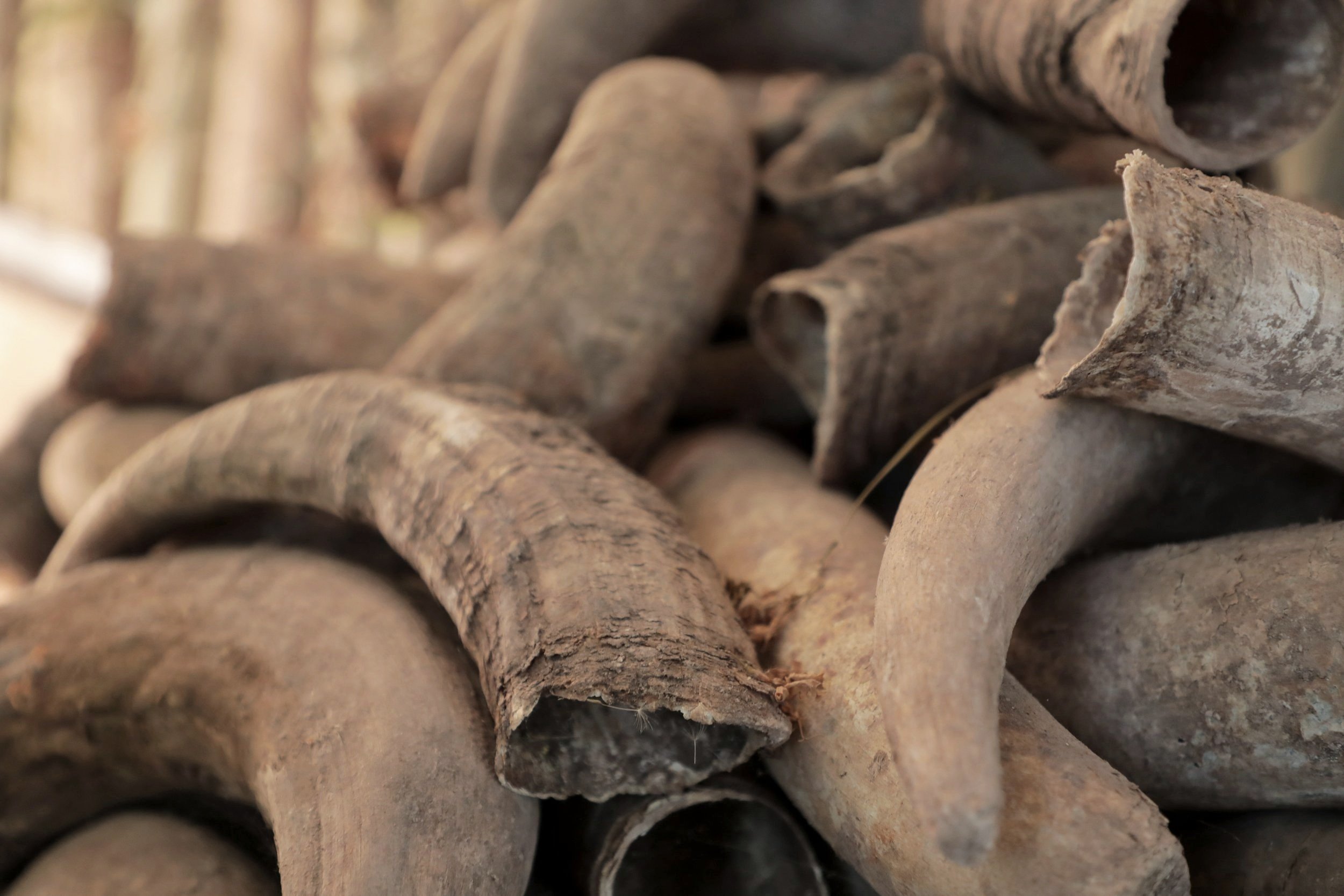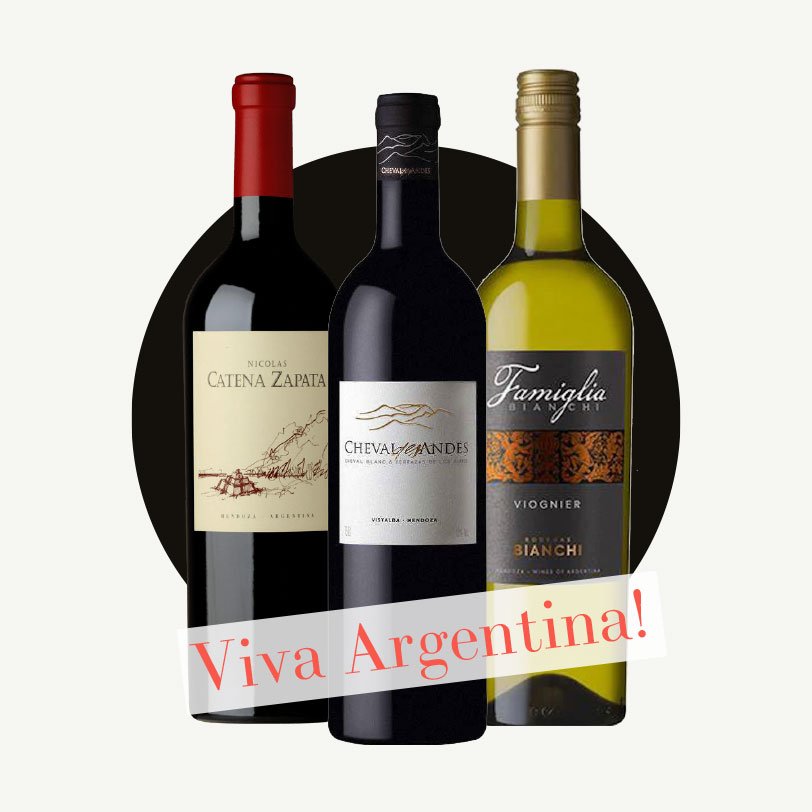▻ Viva Argentina! – Part Four
Argentina’s Eco-Warriors
Episode Summary:-
In this episode of our series Viva Argentina, Sarah Kemp travels to Argentina to meet the wine producers who are at the forefront of sustainable, organic and biodynamic viticulture there. While each producer has a different approach, they are all looking at ways of working with nature to produce great wines with minimum impact on the planet. She discovers the problems they face, several which are unique to South America.
Her first visit is to Cheval des Andes, where she speaks to its President, Pierre Lurton, who is also President of Château Cheval Blanc and Château d’Yquem in France, and was responsible for the creation of Cheval des Andes, which was founded in 1999, as a joint venture of Château Cheval Blanc and Terrazas de los Andes. At Cheval Blanc, he and Pierre-Olivier Clouet have pioneered agroecology, the introduction of trees amongst the vines. Three years ago, they decided to extend their new viticultural approach to Cheval des Andes, one of Argentina’s most acclaimed wineries.
Pierre explains how it was Pierre-Olivier, Cheval Blanc’s Technical Director, who was behind this new philosophy, which is about a “return to nature.” The trees help nourish the soil and provide shelter for birds, insects and bats, aiding biodiversity. They also provide a big population of microbes, which helps the vines become more resistant to disease, leading to less spraying. Today, Gerald Gabillet, Estate Manager and Head Winemaker, is enthusiastic about the new direction and believes the benefits can be seen in the wines.
““Water is a luxury in Mendoza” ”
Finca Decero is a pioneer in single-vineyard wines, and he explains to Sarah how Mendoza is a desert, only receiving eight inches of rain each year. At Finca Decero, they collect all their water for re-use and have changed their irrigation method by decreasing the frequency of drip irrigation, which saves water and encourages the plants to deepen their roots. In recent years there has been less snow-melt, due to climate change, so water conservation and irrigation are one of Argentina’s most important issues today.
How easy is it to be organic in Argentina? Guillermina Van Houten is in charge of Catena Zapata’s organic programme and Sarah meets her at the Adrianna Vineyard, the vineyard which produces some of Argentina’s most iconic wines, including two world-class Chardonnays, Catena Zapata’s White Bones and White Stones. Sarah discovers another area of limestone being prepared; it has no name yet but vines are due to be planted shortly. Guillermina explains that the biggest problem is leafcutter ants, who eat leaves from the vines. In a single night they can strip vines, not a problem if you use pesticide, but certainly a problem if you are following organic viticulture. She explains to Sarah that currently they destroy the nests but they are looking at alternative ways to deal with them, including finding their natural enemies. Cover crop is also important for bio-diversity, which leads to healthier soil, and more resilient vines.
““Leafcutter ants only exist in America – in a single night we can have a whole defoliation, we can lose vines because of their activity.””
In Argentina there are 113 wineries who have signed up to the Sustainability Self-assessment Protocol of Bodegas de Argentina and 10 producers who are certified biodynamic. Sarah talks to Manuel Lanus, General Manager, and Facundo Bonamaizon, Viticultor, at Bodegas Chakana which was founded in 2002. In 2012 they decided to start the tough process of moving to organic and finally biodynamic. “The history of Chakana is the history of a search,” Manuel explains. “We were full of fear, it was a big step.” Their approach to dealing with the leafcutter ants was to work with the local university to discover what else the ants liked to eat. They performed a biopsy on the ants and found they ate an indigenous yellow flower, so they planted it amongst the vines, and are happy with the results.
Another innovative project was to plant two hectares of a vegetable garden amongst the vines. The workers were allowed to grow their fruit and vegetables there and Manuel explained how it was the best example of convincing the workers of the benefits of biodynamic viticulture, as they discovered the difference in the flavour of their tomatoes and onions. ”Biodynamic viticulture is all about observation,” he said wryly. It is also about sharing, and there is now a group – Facundo is the President – sharing best biodynamic viticulture practice. “It’s like Ayni” Facundo says. Ayni is their icon wine, and means “reciprocity” in the native language. It sums up Bodegas Chakana’s entire philosophy, giving to receive.
Running Order:-
-
0.00 – 10.46
“We work with “vivant,” a return to nature.” – Pierre Lurton, Cheval des Andes
– Sarah Kemp talks to Pierre Lurton, President of Cheval des Andes along with Bordeaux’s iconic Saint-Emilion Château Cheval Blanc and Sauternes Château d’Yquem.
– Pierre Lurton talks about his affection for Cheval des Andes, and his 23-year history with the estate.
– The introduction of agroecology to Cheval des Andes and its benefits.
– How the introduction of trees in the vineyard affects the vines, and the quality of the soil. -
16.31 –21.09
“We create a more resilient eco-system.” – Guillermina van Houten, Catena Zapata
– Sarah Kemp talks to Guillermina Van Houten, who is responsible for organic viticulture at Catena Zapata.
– Guillermina discusses the organic methods they use to control the leaf-cutter ants.
– How Catena Zapata farms organically in the Adriana Vineyard.
– The use of cover crop and its benefits. -
21.10 – 36.18
“The history of Chakana is the history of a search” – Manuel Lanu, Bodgea Chakana
– Manuel Lanus, General Manager and Facundo Bonamaizon, Viticultor of Bodega Chakana talk to Sarah Kemp about why they took the hard journey in making Bodega Chakana biodynamic.
– Manuel Lanus explains how he was searching for vitality in their soil to produce wines with energy.
– How they deal with the number-one pest, leafcutter ants, at Bodega Chakana.
– The introduction of the vegetable patch in the middle of the vineyards and why it was important for the workers.
– Ayni – Chakana’s icon wine, and their key philosophy (Ayni means reciprocity).
RELATED POSTS
Keep up with our adventures in wine
Further Information;-
Wines of Argentina
Finca Decero
Cheval des Andes
Catena Zapata
Chakana Wines










Sebastian Zuccardi is one of South America’s most dynamic winemakers. Sarah Kemp meets up with him to taste his new vintages and finds out from him the four new revolutions happening in Argentina’s vineyards.